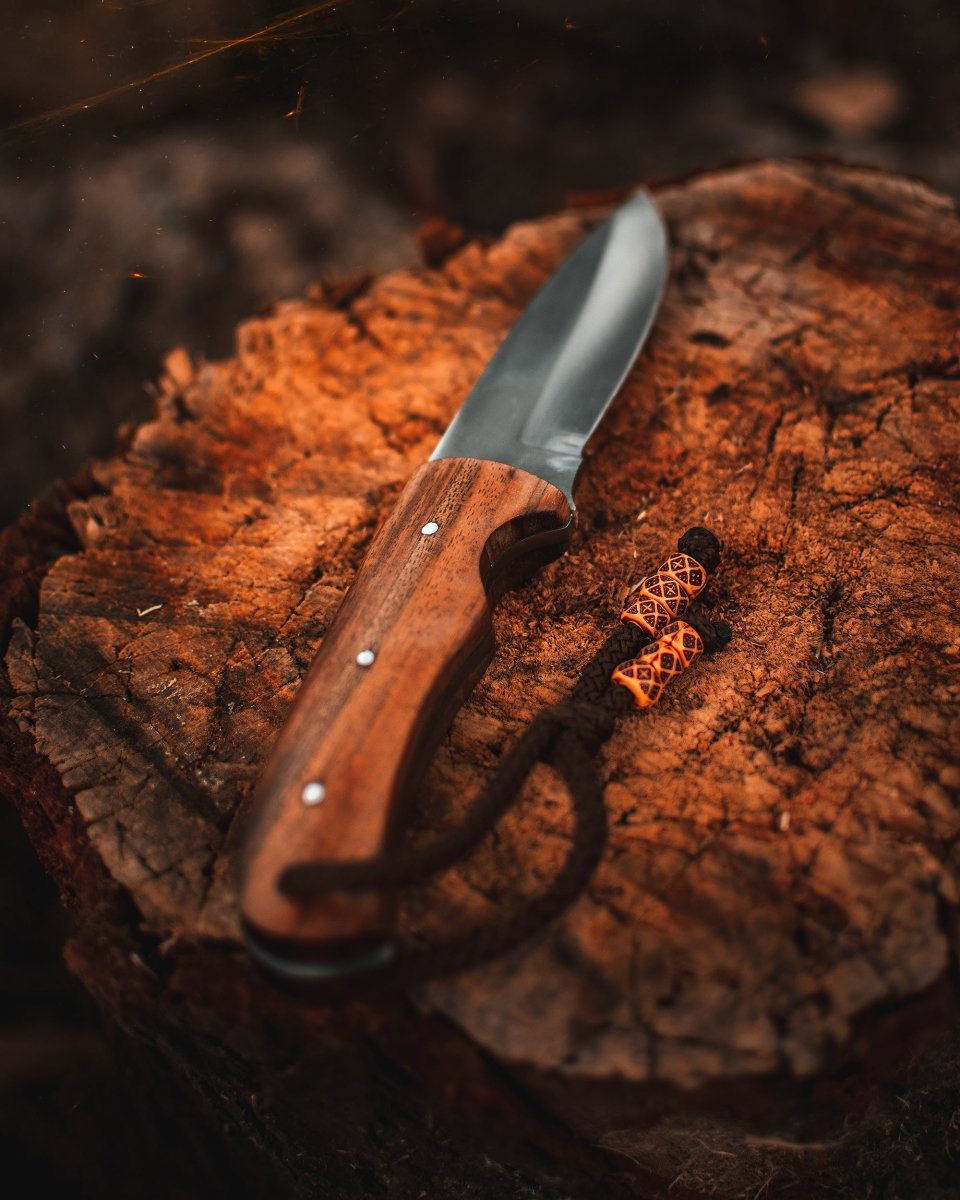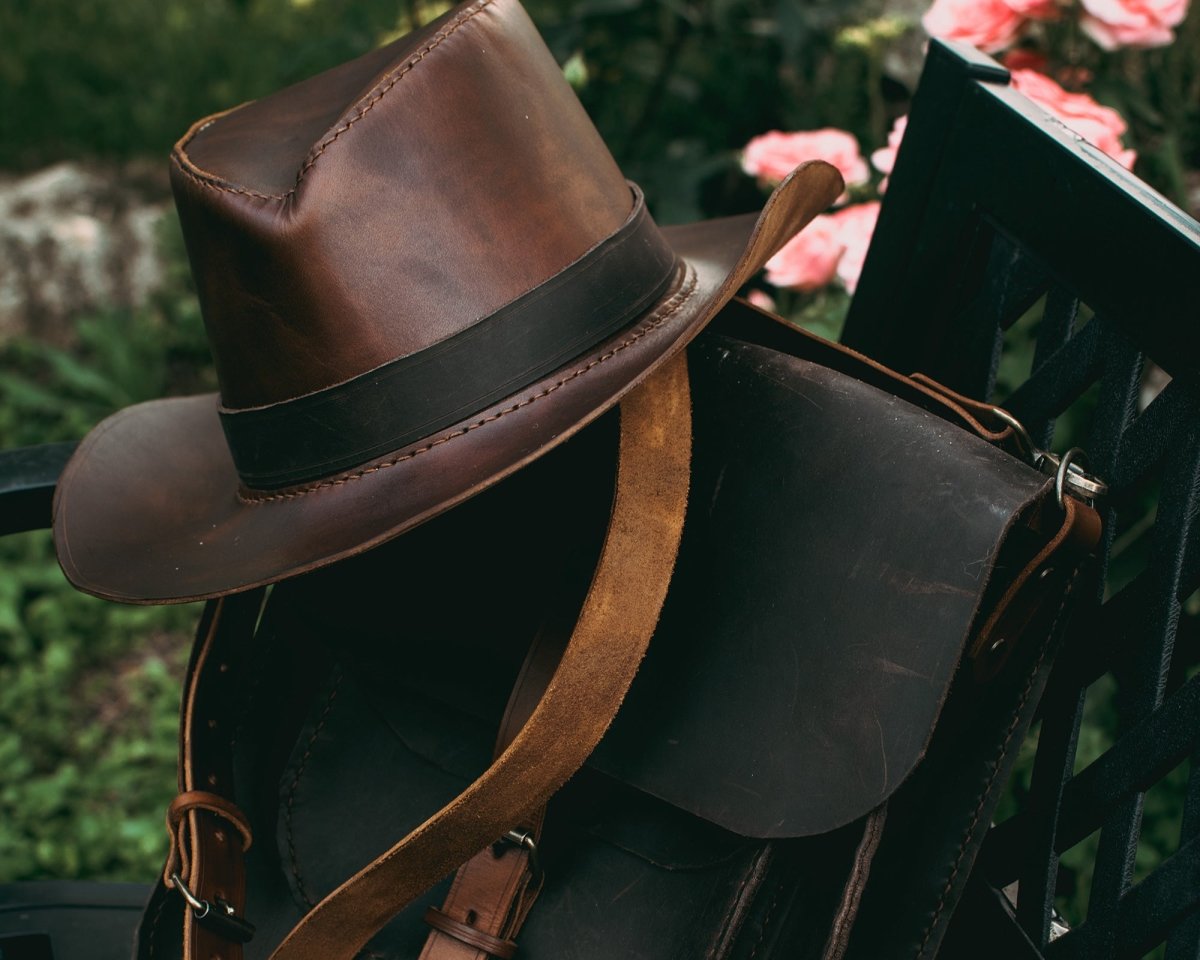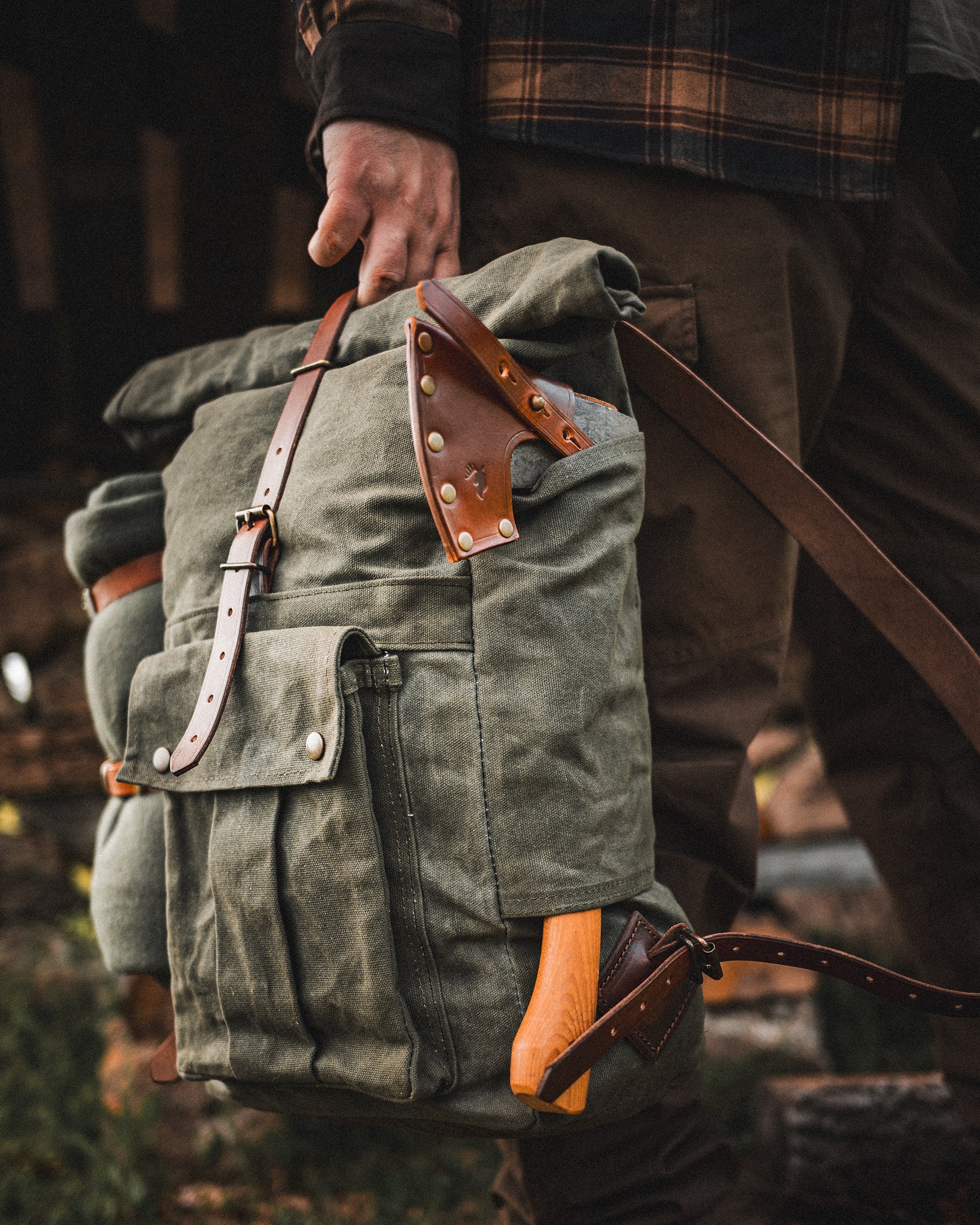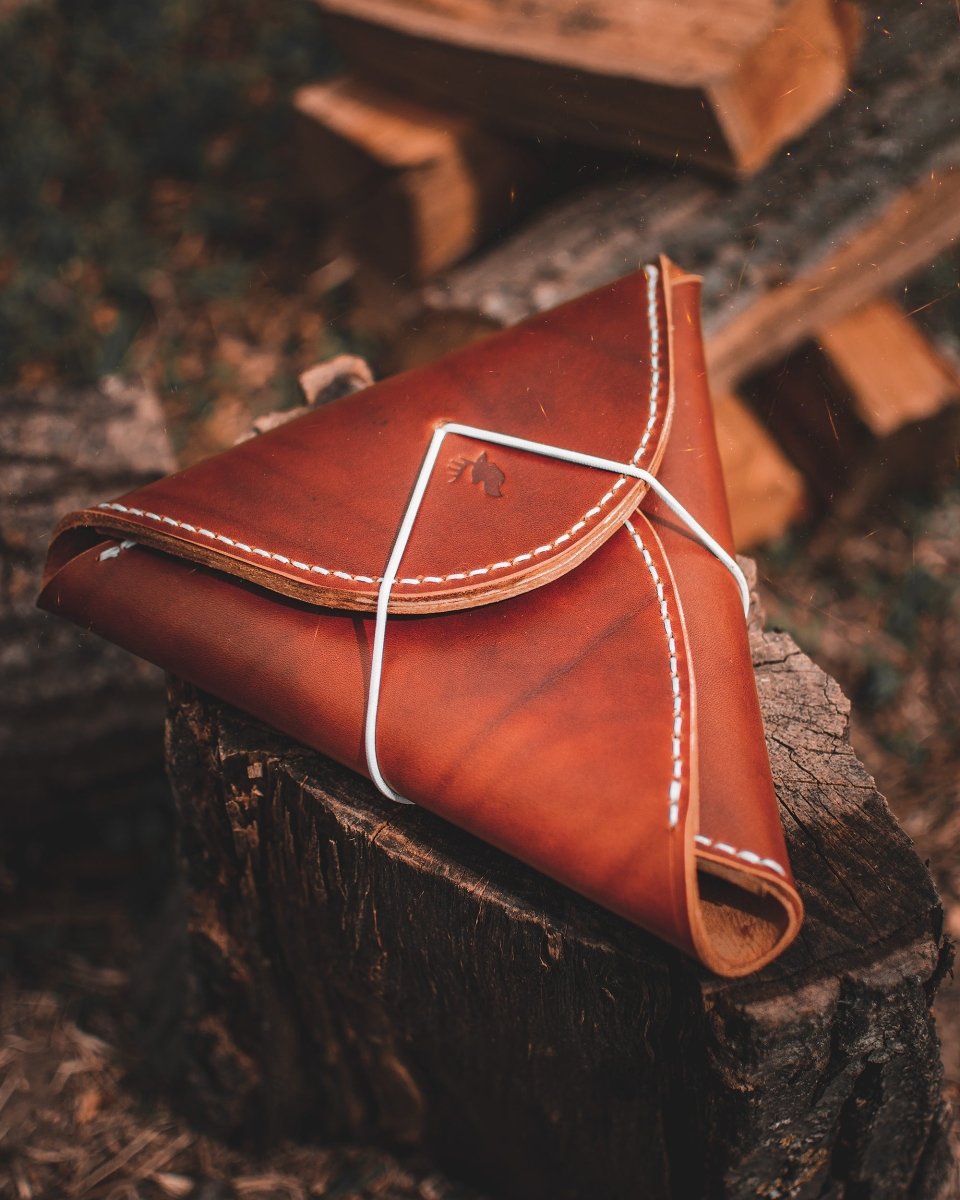What makes a good bushcraft knife

A good bushcraft knife is an essential tool for outdoor enthusiasts and survivalists. Here are some key features that make a good bushcraft knife:
Blade Design
The blade should be strong, durable, and versatile. A bushcraft knife typically has a fixed blade with a full tang (where the blade extends into the handle), providing maximum strength and stability. The blade should have a sharp point for piercing tasks and a curved belly for slicing and carving.
Blade Length
The ideal blade length for a bushcraft knife ranges from 3.5 to 6 inches (8.9 to 15.2 cm). This length strikes a balance between being capable of handling larger tasks like chopping and batoning while still being agile for delicate tasks.
Blade Steel
High-quality steel is crucial for a bushcraft knife. Look for steels that are tough, hold an edge well, and are corrosion-resistant. Popular choices include stainless steels like 1095, 440C, or VG-10, as well as carbon steels like O1 or A2. Each steel type has its own advantages and considerations, so choose based on your specific needs and preferences.
Handle Material
The handle should provide a secure and comfortable grip, even in wet or cold conditions. Materials like micarta, G-10, or rubberized coatings offer excellent grip and durability. Avoid handles that can become slippery when wet.
Handle Ergonomics
The shape and design of the handle should fit comfortably in your hand and allow for extended use without causing fatigue or hotspots. Look for handles with ergonomic contours and finger grooves that enhance control and prevent slippage.
Sheath
A good bushcraft knife should come with a high-quality sheath. The sheath should securely hold the knife in place, protect the blade, and allow for easy access. Common sheath materials include leather, Kydex, or nylon. Consider a sheath with additional features like a belt loop or a firestarter.
Versatility
A versatile bushcraft knife can handle a range of tasks such as chopping, carving, batoning, feathering, and food preparation. Look for a knife with a sturdy spine that can be used for striking a fire starter or for use with a ferro rod.
Balance
A well-balanced knife feels comfortable and natural in hand. The weight distribution should be centered, allowing for precise control and reducing strain during extended use.
Quality and Craftsmanship
Lastly, choose a bushcraft knife from reputable manufacturers known for their quality and craftsmanship. Research customer reviews, seek recommendations, and consider brands that have a long-standing reputation for producing reliable outdoor knives.





Comments